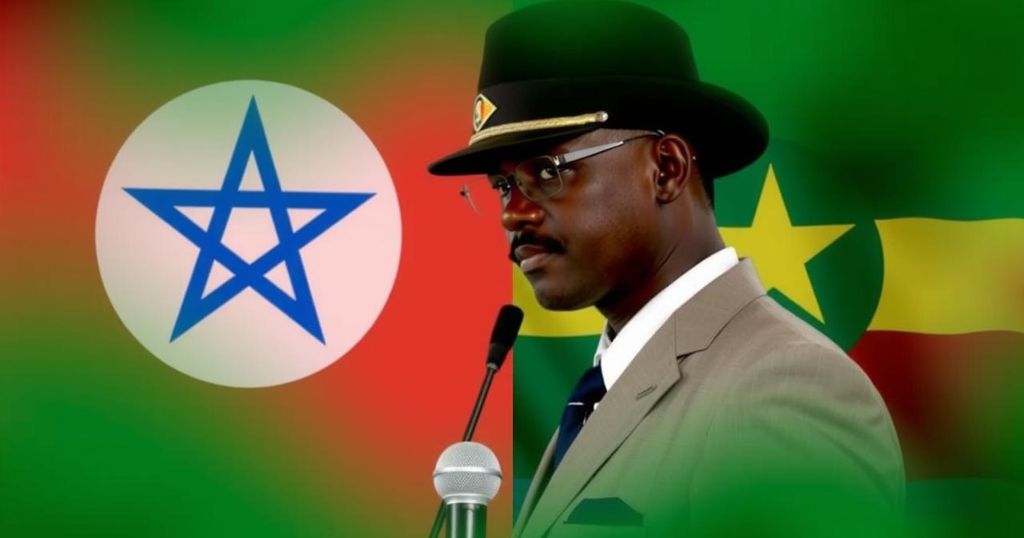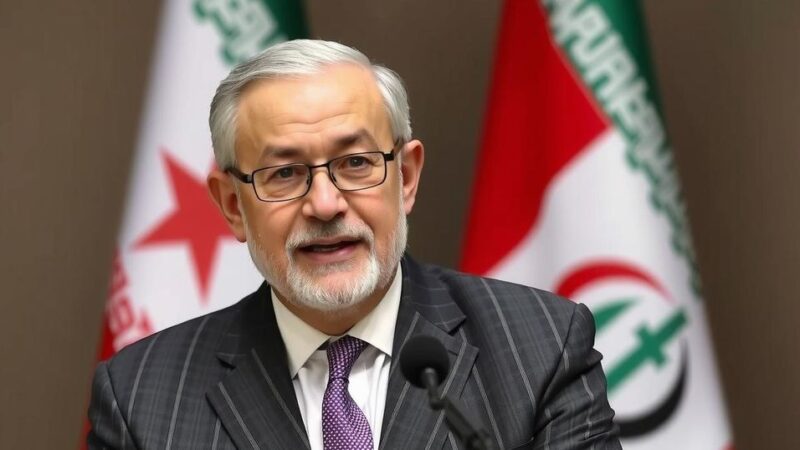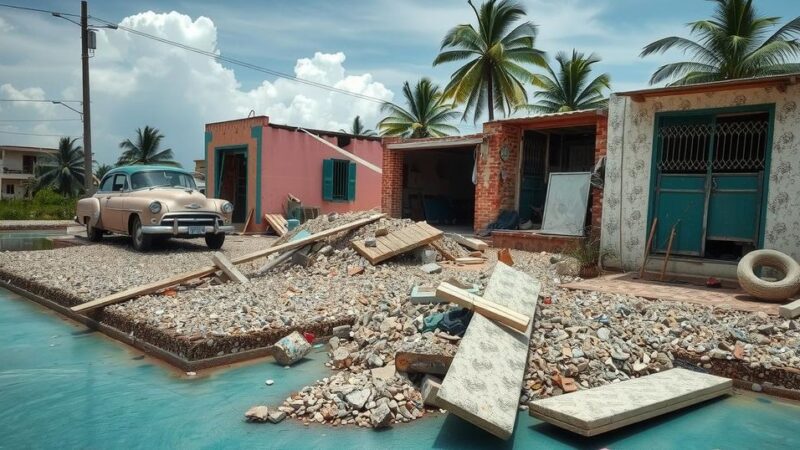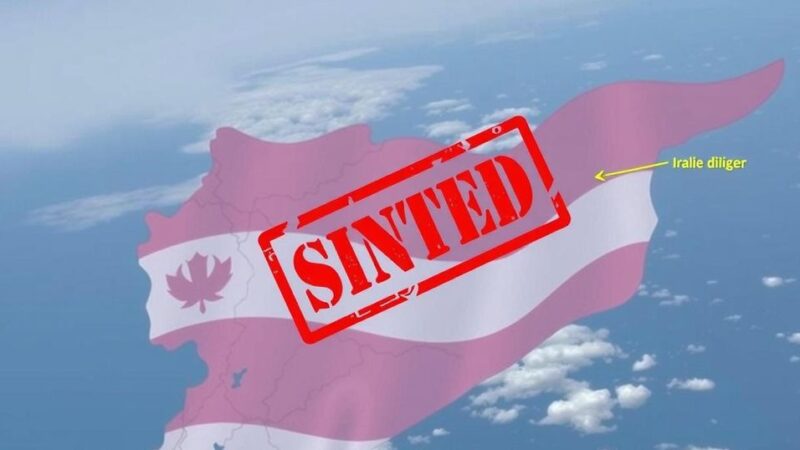Ethiopia has rejected Somalia’s accusations of military aggression in Doolow, attributing recent unrest to disruptive entities undermining peace efforts. Somalia condemned the alleged attack on its bases as a violation of the Ankara Declaration. Both nations express a commitment to enhancing relations and preventing future incidents amid ongoing peace negotiations.
Ethiopia’s Ministry of Foreign Affairs has firmly rejected Somalia’s allegations of involvement in a recent incident in the town of Doolow, labeling the claims as false. The Ministry attributed the unrest to certain entities aiming to undermine the strengthening ties between the two nations, emphasizing that these actors are habitual disruptors of peace in the Horn of Africa. This statement was made following Somalia’s denunciation of what it termed an unprovoked attack by Ethiopian forces on its military bases, which allegedly resulted in casualties.
In a statement released on 24 December, Ethiopia’s MoFA expressed concern regarding accusations from Somalia, which indicated that Ethiopian troops had initiated assaults on bases belonging to the Somali National Army, National Intelligence and Security Agency, and Somali Police Force. Ethiopia contended that the conflict was spurred by disruptive elements rather than an act of aggression from its forces. The Ethiopian government reaffirmed its commitment to fostering peace and cooperation in line with the Ankara Declaration.
Amid escalating tensions, Somalia condemned the alleged aggression, categorizing it as a clear violation of the principles laid out in the Ankara Declaration, particularly jeopardizing ongoing peace negotiations. Ethiopia responded by committing to collaborate closely with Somalia’s federal government to avert future conflicts, reiterating its intention to enhance bilateral relations.
The friction arose shortly after Somalia announced its delegation, headed by the Minister of State for Foreign Affairs, Ali Omar, had arrived in Addis Ababa to strengthen commitments pursuant to the Ankara Declaration. Reports indicated encounters involving Somali forces, Jubaland troops, and Ethiopian patrols in strategic locations, including the Doolow airport, which heightened the urgency for diplomatic engagement between the nations. Ethiopia highlighted the importance of the Ankara Declaration, asserting the dedication of both nations’ leaders to promote harmony and mutual respect in the region.
The recent tensions between Ethiopia and Somalia highlight long-standing issues and the fragile nature of peace in the Horn of Africa. The Ankara Declaration, which was intended to facilitate collaboration and dialogue between the two nations, serves as a critical reference point amid accusations and military confrontations. Historical ties, cultural interconnections, and geopolitical factors consistently influence relations between these neighboring countries, resulting in complex diplomatic interactions that can swiftly transform into conflict. Over the years, various parties have attempted to intervene, but sporadic outbreaks of violence reveal underlying instability that challenges lasting peace.
In conclusion, the exchange of accusations between Ethiopia and Somalia underscores the delicate state of their bilateral relationships amidst ongoing peace efforts. Ethiopia’s denial of involvement in the Doolow incident and its appeal to bolster cooperation reflects a strategic move to stabilize relations, while Somalia’s response indicates a serious concern for violations of sovereignty. With the backdrop of the Ankara Declaration aimed at fostering peace, both nations must navigate these challenges carefully to prevent further escalation and to promote stability in the Horn of Africa.
Original Source: addisstandard.com







